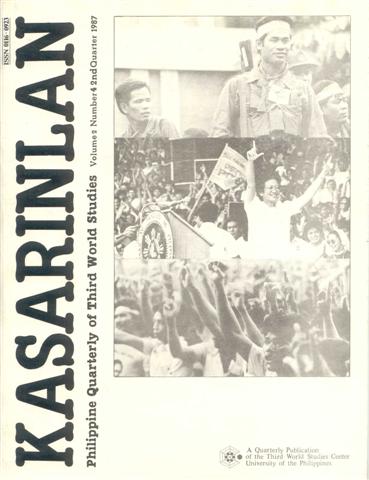The Role of Foreign Aid in the Reconstruction of the Nicaraguan Economy
Abstract
The controversy regarding the role of foreign aid in development has been a topic of much debate, whether or not it has played a positive role and whether or not it is indispensable to the developing countries. Developing countries are confronted with issues of dependency on the world capitalist system – Nicaragua is no exception to this. The paper explores the experience of the Sandinista government in Nicaragua as it continued to emphasize the need for international economic assistance while preventing the country’s entanglement with the political and economic interests of the international lending institutions. The Nicaraguan government needed US$2.5 billion to rebuild its economy. Instead of becoming dependent on foreign aid, the role of foreign aid in Nicaragua was seen as a means to develop a self-sufficient economy and aimed to make the country less dependent on the world capitalist market in the long run. The Sandinista government also saw the need to insert itself into the international division of labor, at the same time, was cautious enough to avoid dependence on the external market. This brings to light the possibility that in the long run, Nicaragua may be the model for developing countries seeking to achieve development through initial but conscientious utilization of foreign aid.
Published
2007-11-28
Issue
Section
Features
Keywords
foreign aid; Sandinista government; role of foreign aid; Nicaraguan economy; economic assistance
By submitting a manuscript, the authors agree that the exclusive rights to reproduce and distribute the article have been given to the Third World Studies Center.



